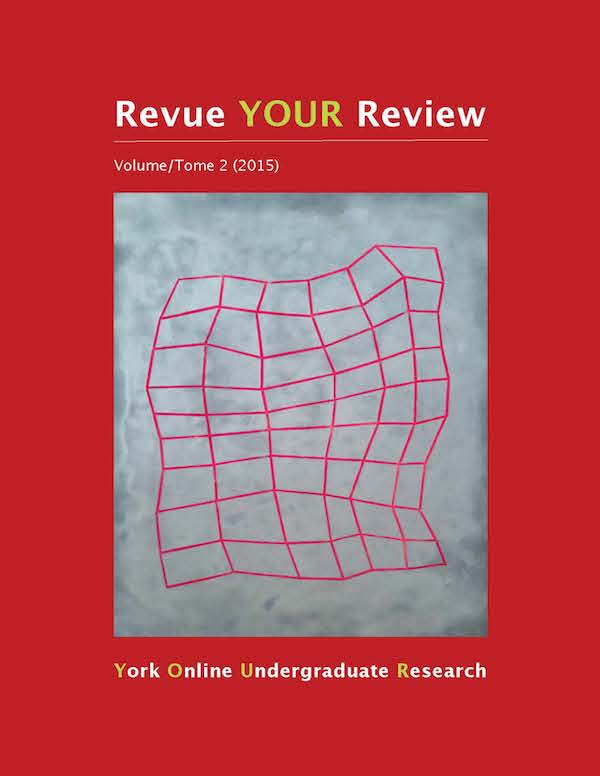Canada's New Residential School: Exploring the Impact of Cultural Racism on Federally Imprisoned Aboriginal Women
Résumé
By comparing the residential school system to the contemporary prison system, this paper examines the issue of cultural racism in regards to issues Aboriginal women face. This paper argues that the treatment Aboriginal women face under the Correctional Services of Canada (CSC) is an extension of the colonial past, bearing similar goals and principles. To support this, the paper examines Section 12 1 (b) of the Indian Act of 1876, and proceeds to provide similarities between residential schools and prisons, connecting it to cultural racism and its impacts today. Data has been collected from several academic journals ranging in the fields of social science, women’s studies, sociology, and criminology, along with a debate and case study. Residential schools promoted ideals of whiteness by viewing children as threats to the white Canadian “norm,” taking away traditional practices, and beating children as an attempt to rid them of their Aboriginal identity. In a similar manner, prisons placed Aboriginal women far away from their families, they were denied visitation rights and cultural programs, and dehumanized in an attempt to make them conform to mainstream white culture. This paper ends with criticism of Harper’s Bill C-10, the Safe Streets and Communities Act, as well as a case study of Ashley Smith, a 19-year-old Aboriginal woman who died under the de-humanizing treatment of CSC. Suggestions for change are discussed, showing that this issue needs to be recognized in order for the prison system to reclaim its true purpose of rehabilitation rather than a system that destroys identity.
Téléchargements
Comment citer
Numéro
Rubrique
Licence
Les auteurs qui contribuent à la Revue YOUR Review acceptent de publier leurs articles selon une des trois catégories de la licence 4.0 : Creative Commons Attribution 4.0 International; Creative Commons Attribution-Pas d'Utilisation Commerciale 4.0 International; ou Creative Commons Attribution-Pas de Modification 4.0 International. Tout contenu éditorial de ce site ainsi que les affiches et les résumés sont sous la licence Creative Commons Attribution-Pas de Modification 4.0 International. Pour plus d’informations, veuillez voir :
https://creativecommons.org/licenses/
Dans tous les cas, les auteurs conservent leurs droits d’auteurs et concèdent à la Revue YOUR Review le droit de première publication. Les auteurs peuvent, par la suite, conclure d’autres accords de distribution non exclusifs de la version publiée dans ce périodique (par exemple, l’afficher à un dépôt institutionnel ou le publier dans un livre ou dans un autre périodique) à condition que la reconnaissance fasse mention de la publication originale dans la Revue YOUR Review.


